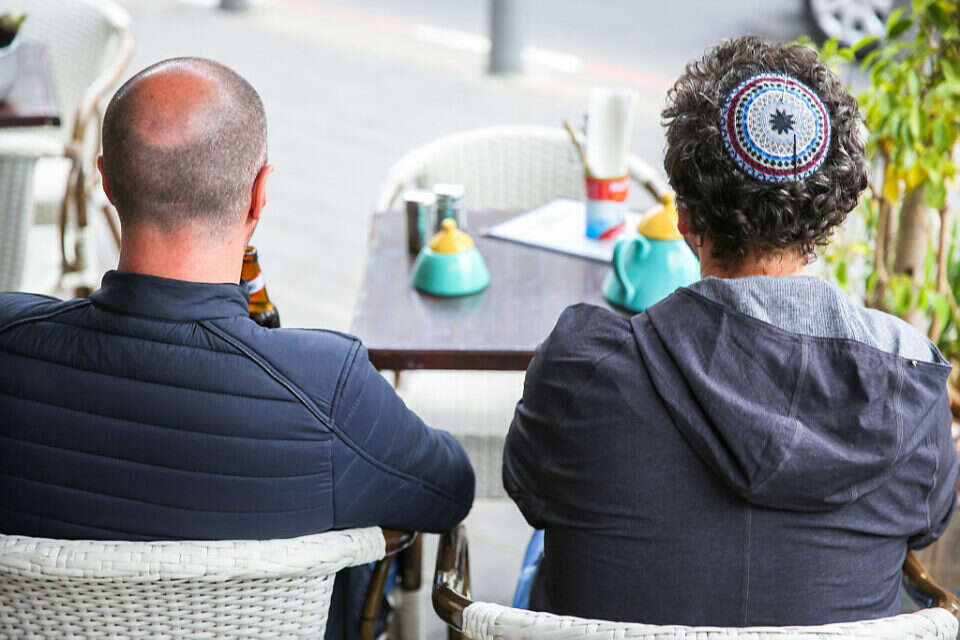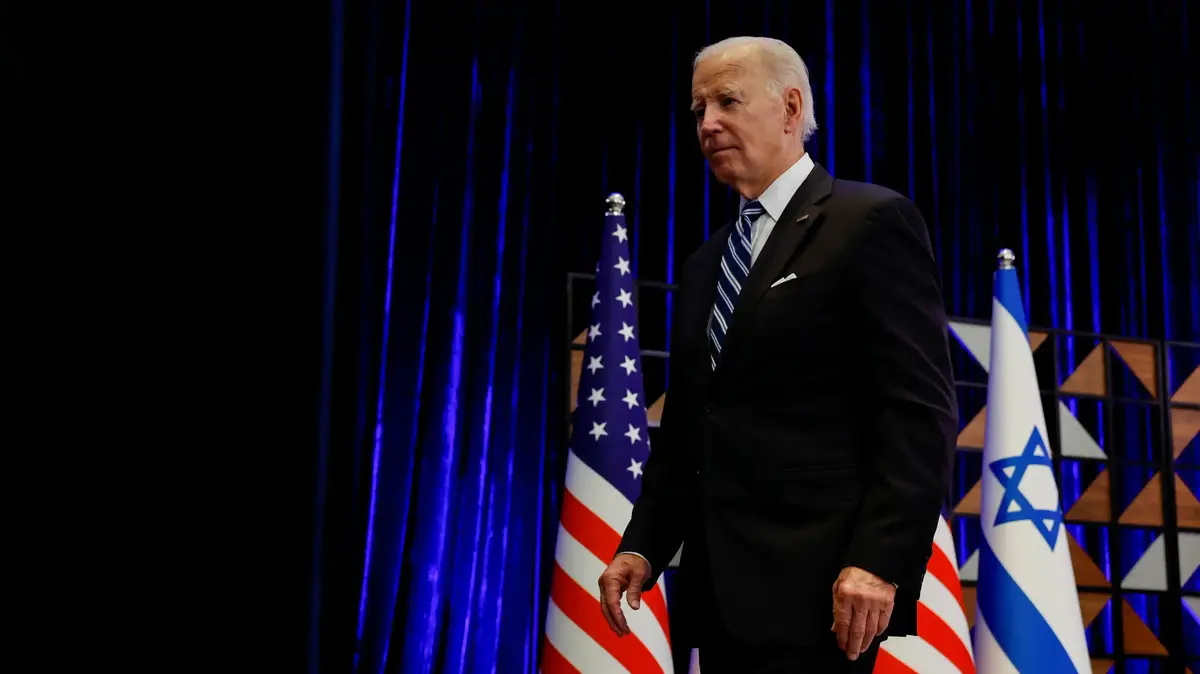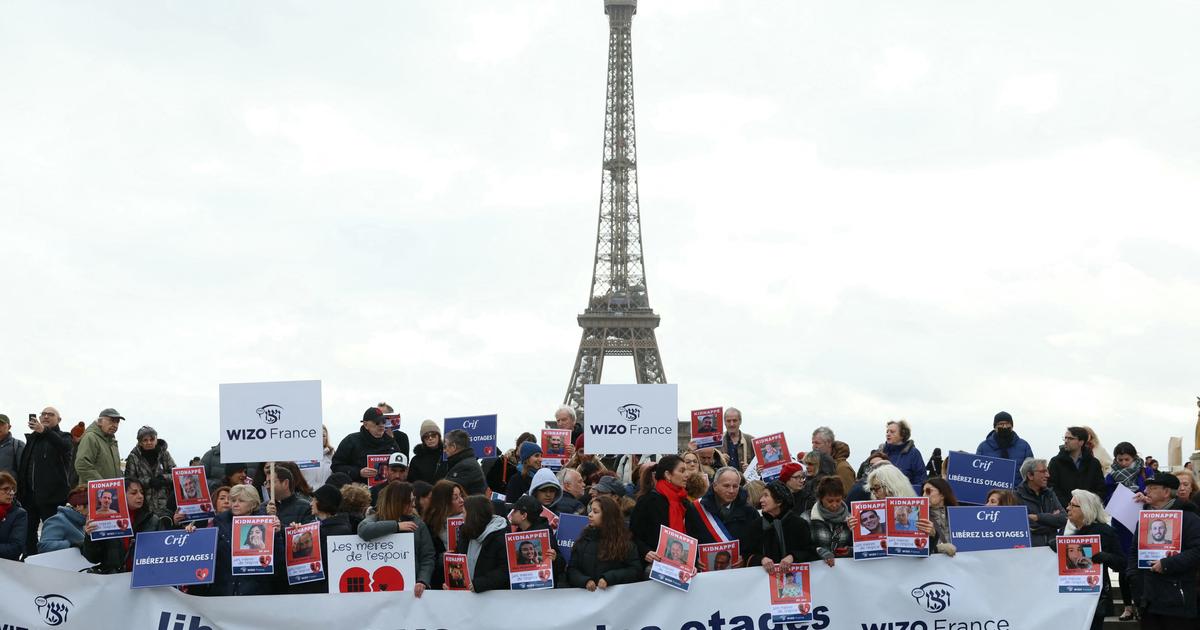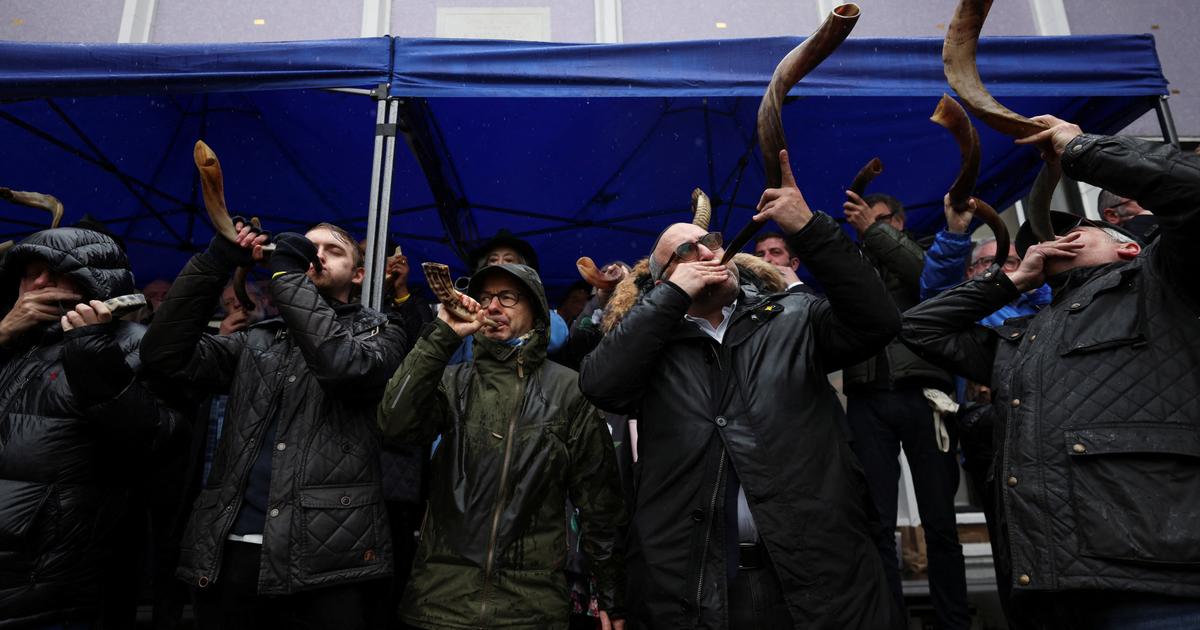The reforms promoted by the Minister of Religions, Matan Kahana, in the areas of kashrut and conversion, may be the first step in the long road to rescuing the important systems of the Jewish people from their destruction, destruction and distortion.
The main thing is not in their rescue from the abusive monopoly of the Chief Rabbinate, but in restoring the national significance worthy of the Jewish image of the State of Israel.
The core of the Zionist revolution, which revolted against rabbinical leadership, was the goal of restoring the Jews to function as a nation that stood on its own and was responsible for its own fate in its historic homeland.
The Zionist enterprise was based on the Jewish heritage but was fundamentally secular, both in terms of its assumptions and methods and in terms of the vast majority of its pioneers and builders.
They recognized the fact that the heritage was preserved mainly through religion, but remembered that the Jews were a people before the status of Mount Sinai;
Contrary to religious beliefs, they "ascended the wall" on their return to the Land of Israel without waiting for the coming of the Messiah, and built the resurrection of the people in their homeland according to the national patterns they recognized in the late 19th century.
The vast majority of the movement's contracts, builders and defenders established a "Jewish state" in the national sense - an expression of the right of the Jewish people to self-determination, as opposed to a religious entity.
The relationship between the national enterprise and the religious way of life was and remains complex, due to the symbiotic relationship between them in antiquity and in the Diaspora.
The complexity deepened in the face of the dramatic increase in the proportion of observant and traditional people in the population, with the rise of Eastern Jews and the rapid demographic growth of the ultra-Orthodox population.
The ultra-Orthodox sector gradually took over the religious establishment with increasing vigor, turning it jointly in the Zionist enterprise into a sectoral instrument.
Due to their political status in most governments, the ultra-Orthodox have managed to force the non-ultra-Orthodox majority - especially the secular and traditional ones - to suffer from their extremist and party views, and to fund their activists and peacekeepers in the billions.
The distortion was made possible through the monopoly granted by the Zionist enterprise and the state it established to the religious establishment, in three areas that also concern the secular and traditional public: conversion, kashrut and marriage.
As long as this establishment was led by the partners of the religious Zionists, the secular and traditional usually willingly accepted basic and moderate characteristics of the traditional Jewish way of life, including the customs of the holidays, kosher in state bodies and rabbinical marriages.
The monopoly has upset large sections of this majority since it was mobilized for a purist, predatory, sectoral, and sometimes, unfortunately, corrupt perception.
The conversion reform is necessary for state reasons, since conversion gives the right to citizenship, and also for Jewish reasons, to allow those who sincerely strive to join the Jewish people and want to know their heritage (including the religious component) to do so.
In my opinion, there is a value-based and Jewish problem in the condition of joining a commitment to keep the fourteen commandments;
The audacity increases when the disqualifiers represent a public that participates much less in the workload and even less in the security burden.
Such a policy deters the conversion of those who have already demonstrated the depth of their commitment to the Jewish people in their willingness to protect it physically.
She forces the secular and traditional in the conversion process to begin their connection to the people of Israel by deception.
Careful and proper reform is supposed to get the conversion out of the hands of the zealots, without entrusting it to the charlatans.
The kosher reform should allow the mainstream of the secular and traditional public basic kosher, which he himself sees as necessary and trusts.
The outspoken secularists do not need kosher at all.
In any case, the ultra-Orthodox do not accept the one sponsored by the Chief Rabbinate.
The combination of a reform that would take away the monopoly from the rabbinate and a public campaign that would separate the needs of the majority from the needs of the mehadrin - could significantly reduce food prices.
These are billions of shekels and thousands of jobs at the expense of the secular and traditional, to finance ultra-Orthodox politics.
The right of the ultra-Orthodox to lead a religious lifestyle.
But this ruling minority has no right to shape the Jewish image of the state, while many of them evade their share in its construction and defense.
Were we wrong?
Fixed!
If you found an error in the article, we'll be happy for you to share it with us















